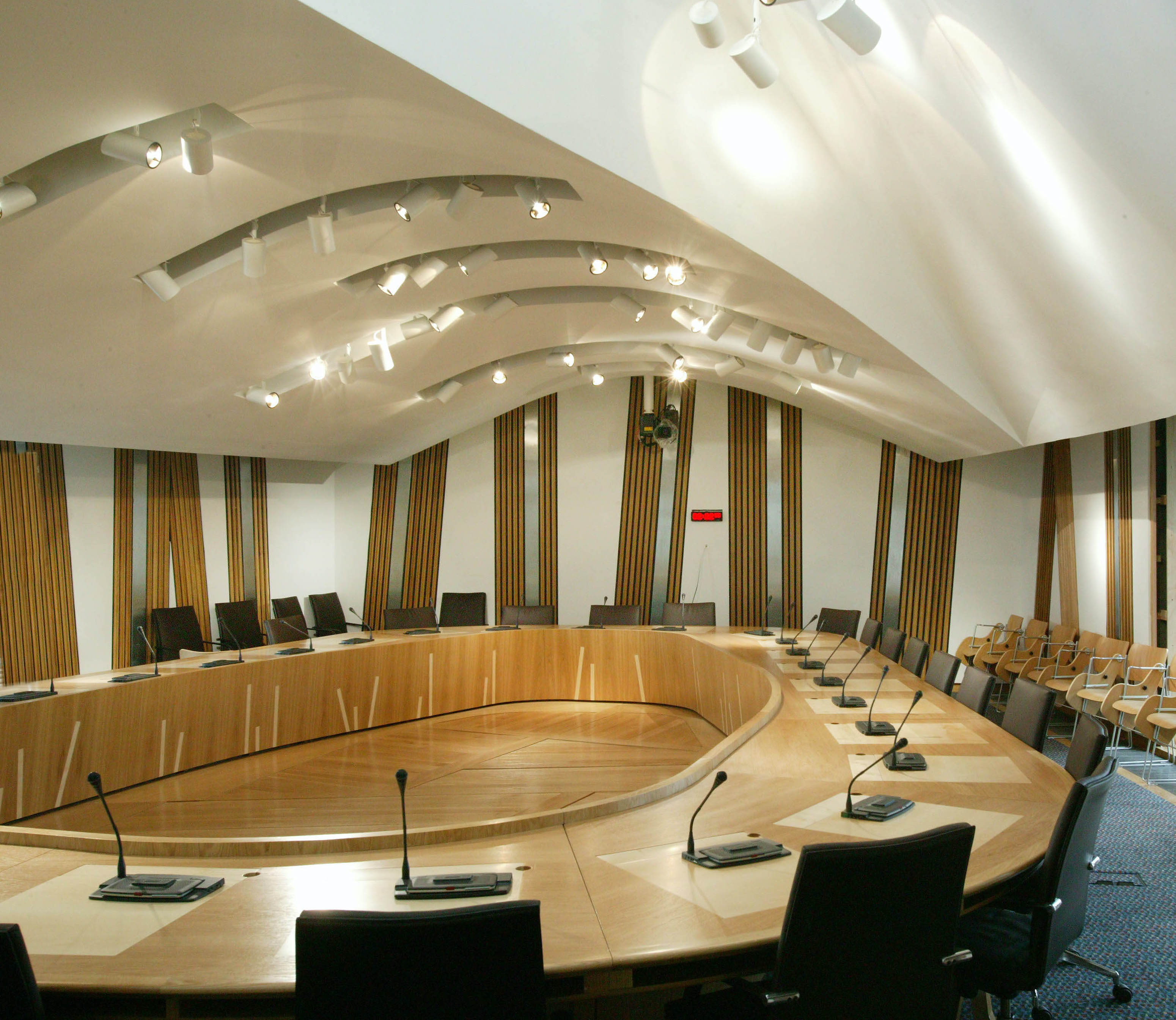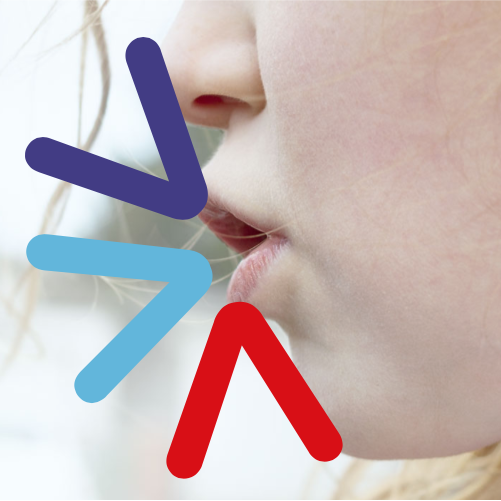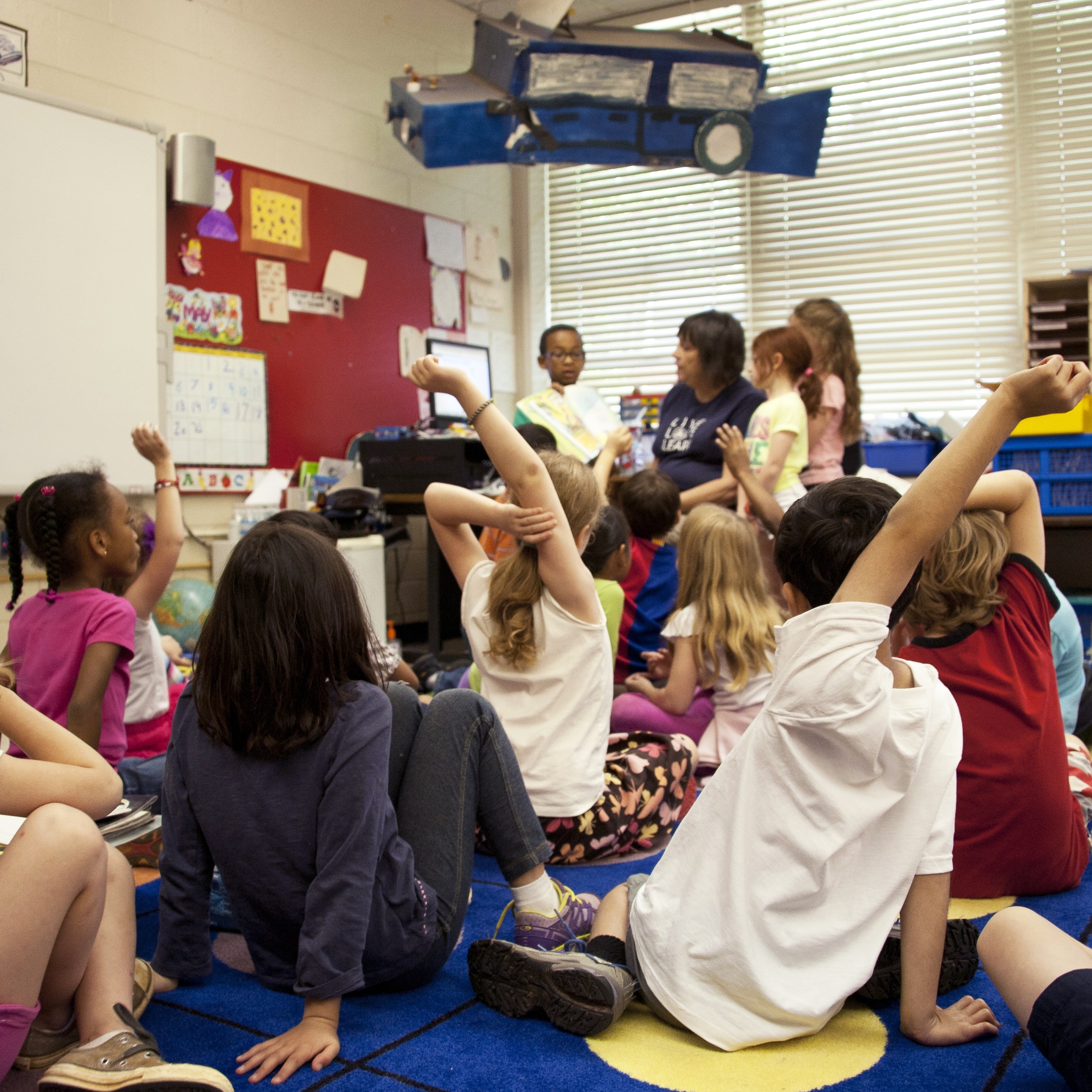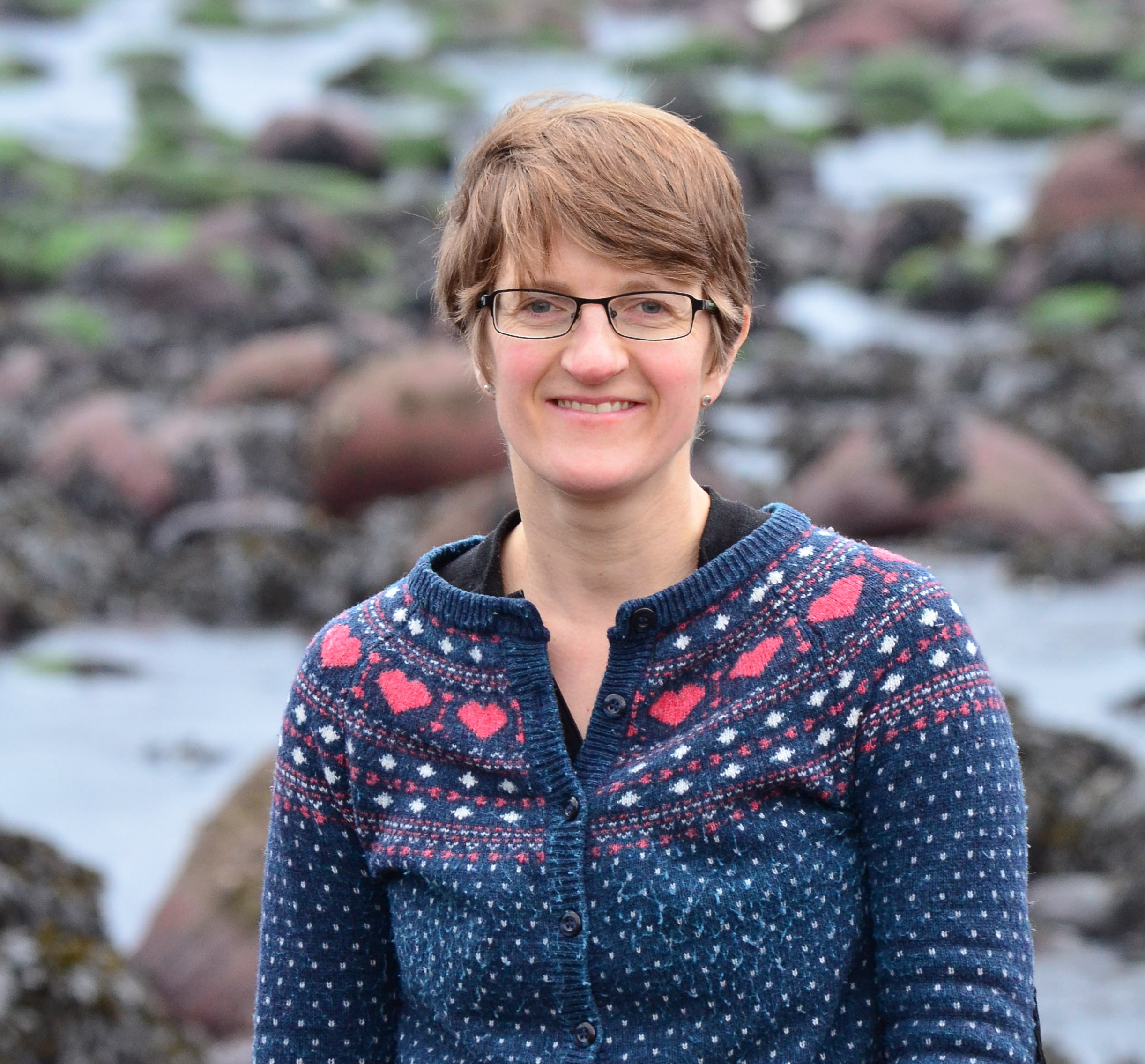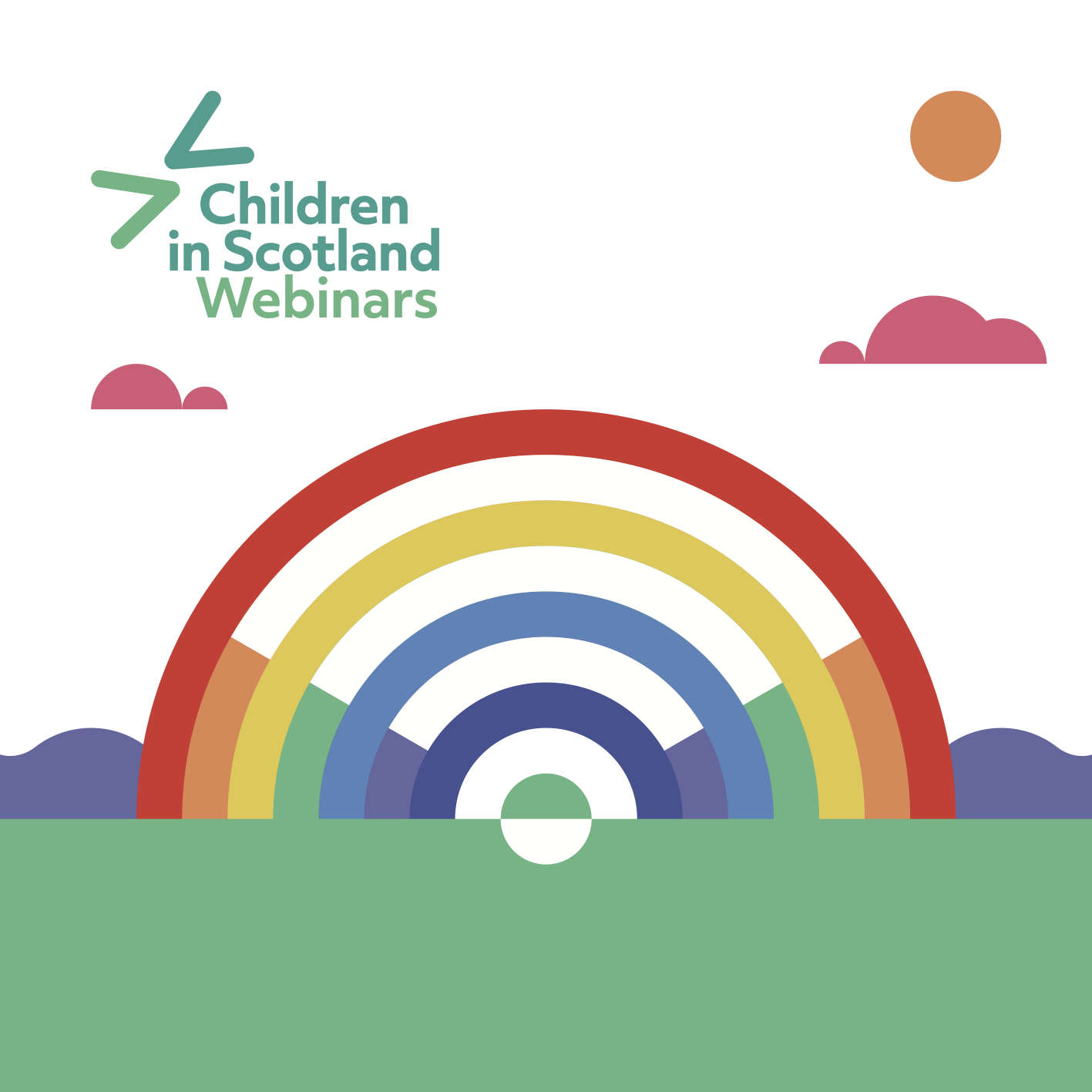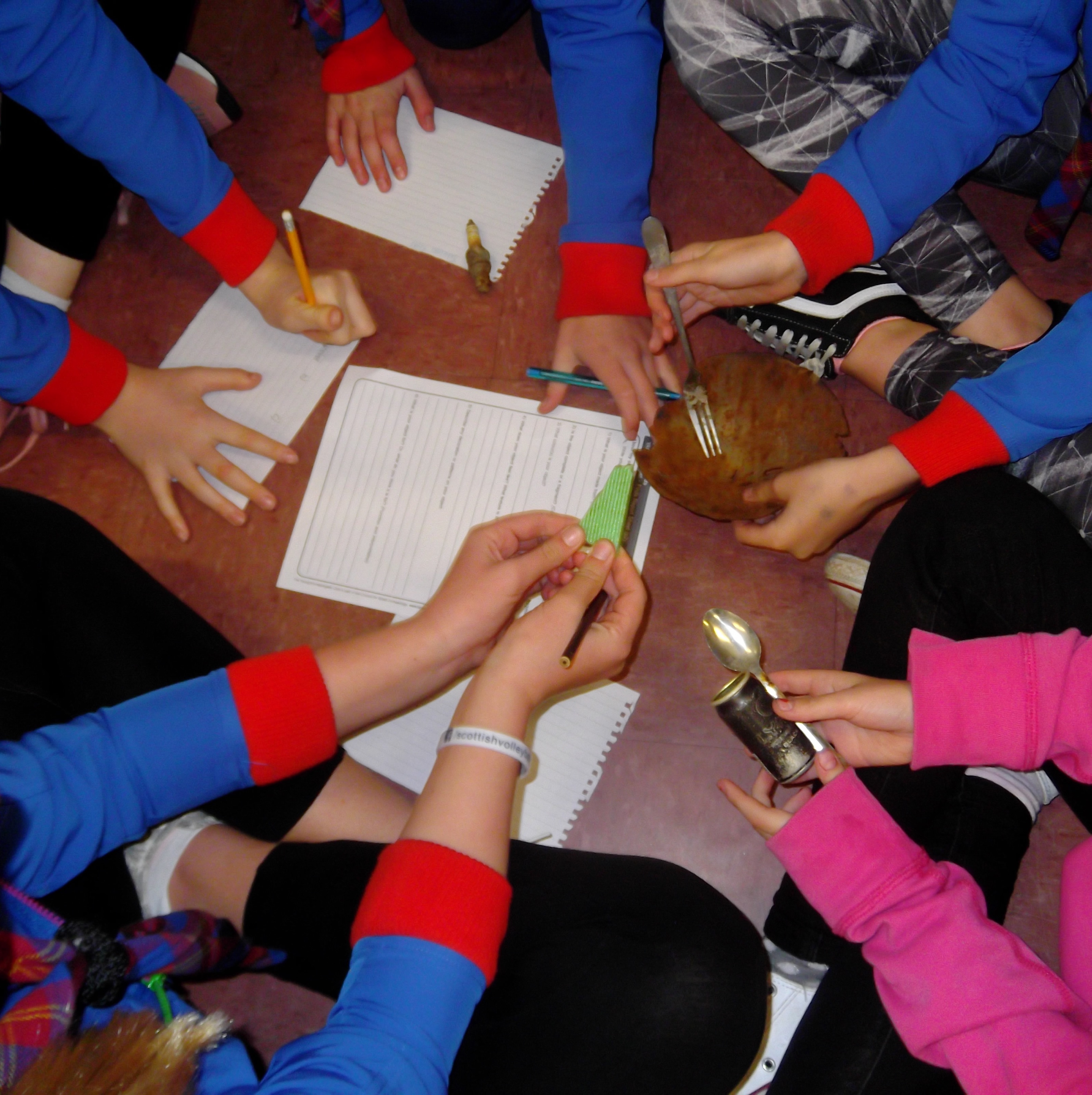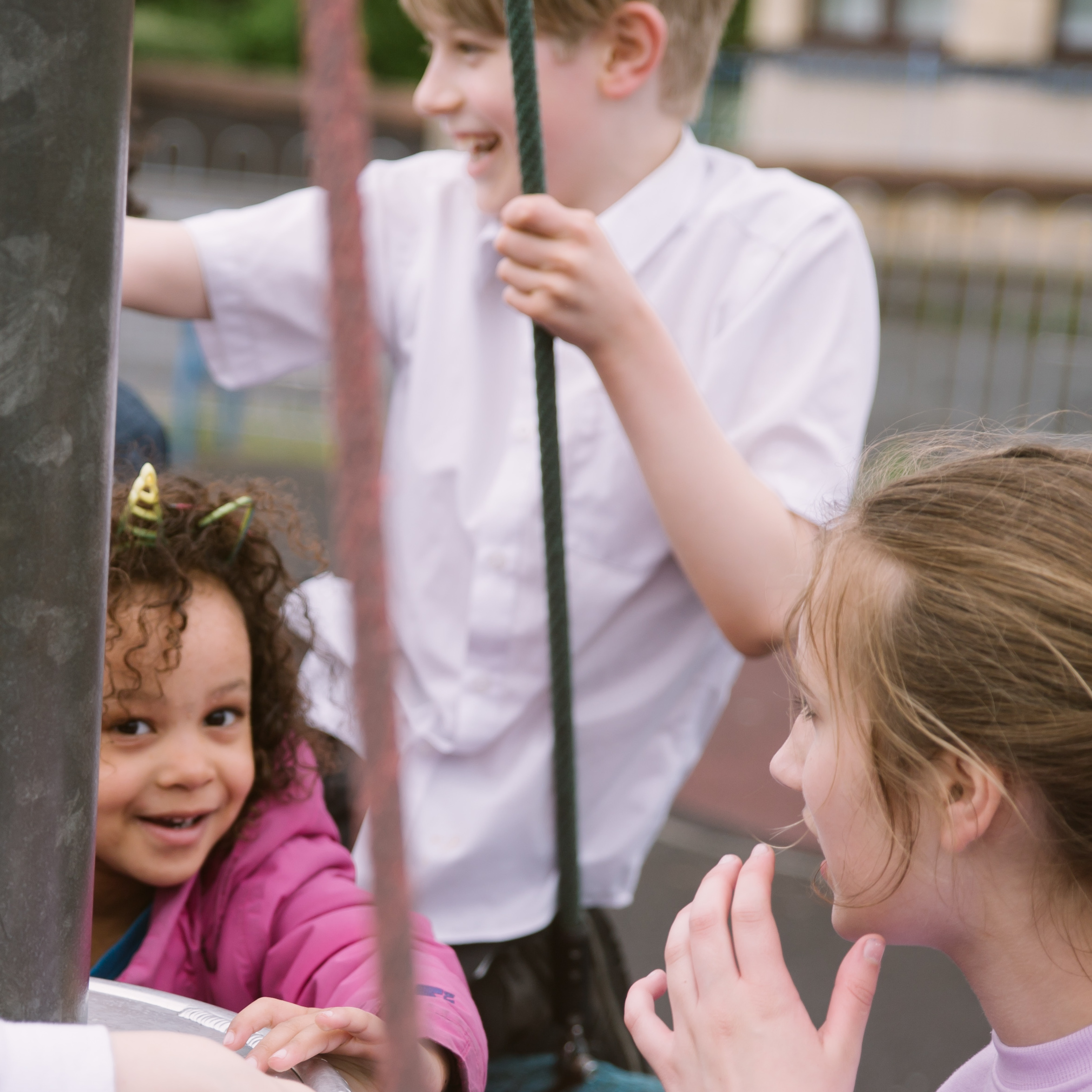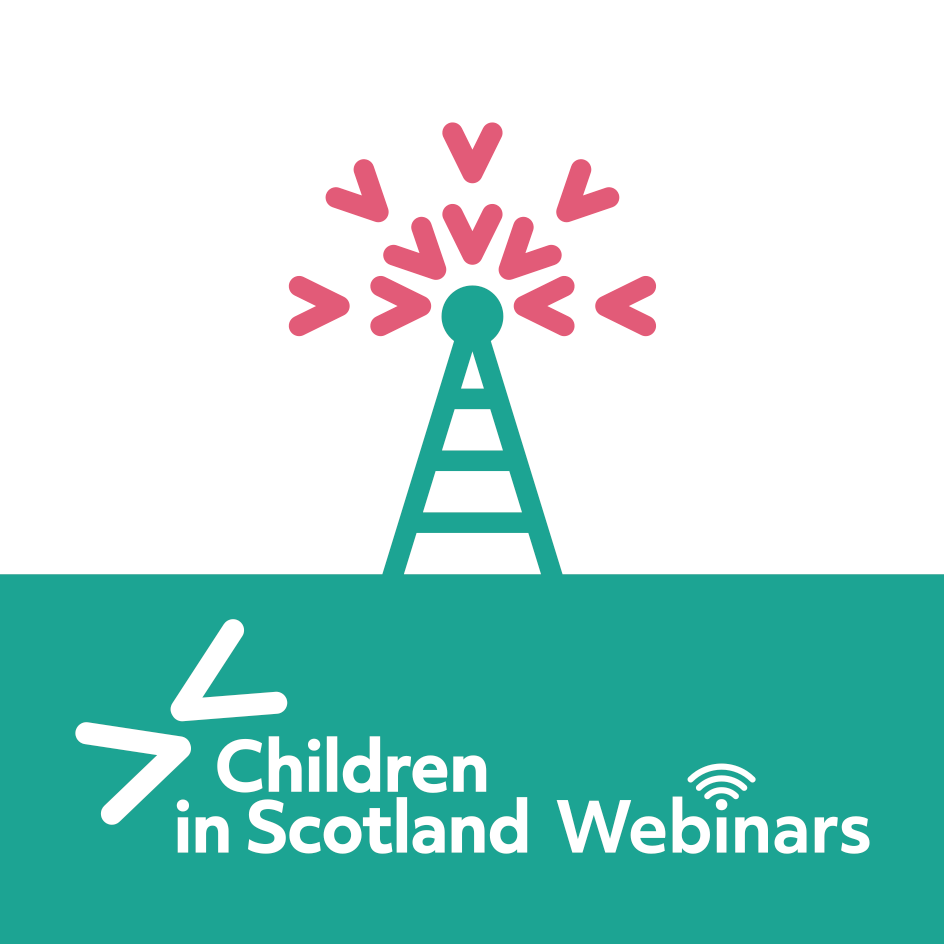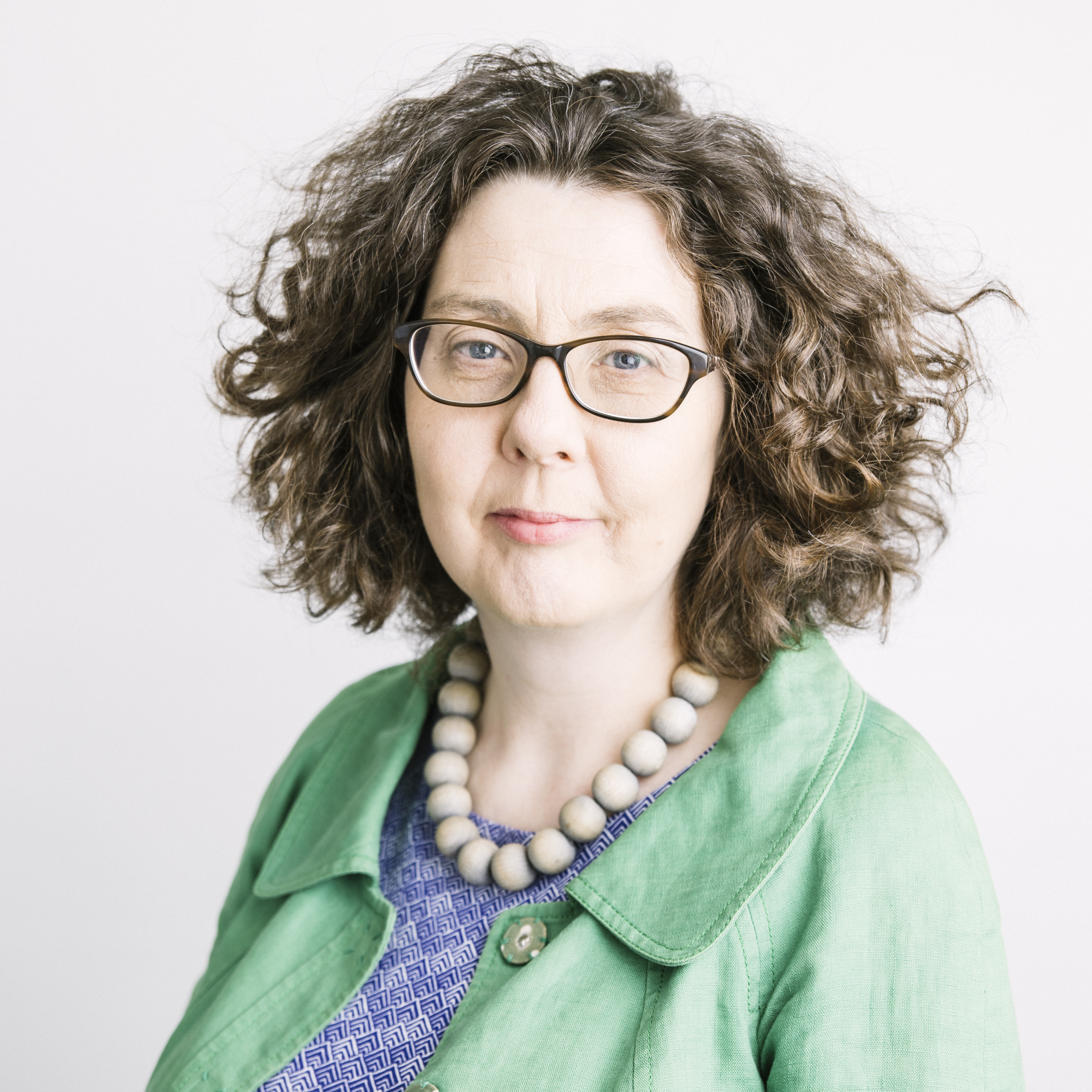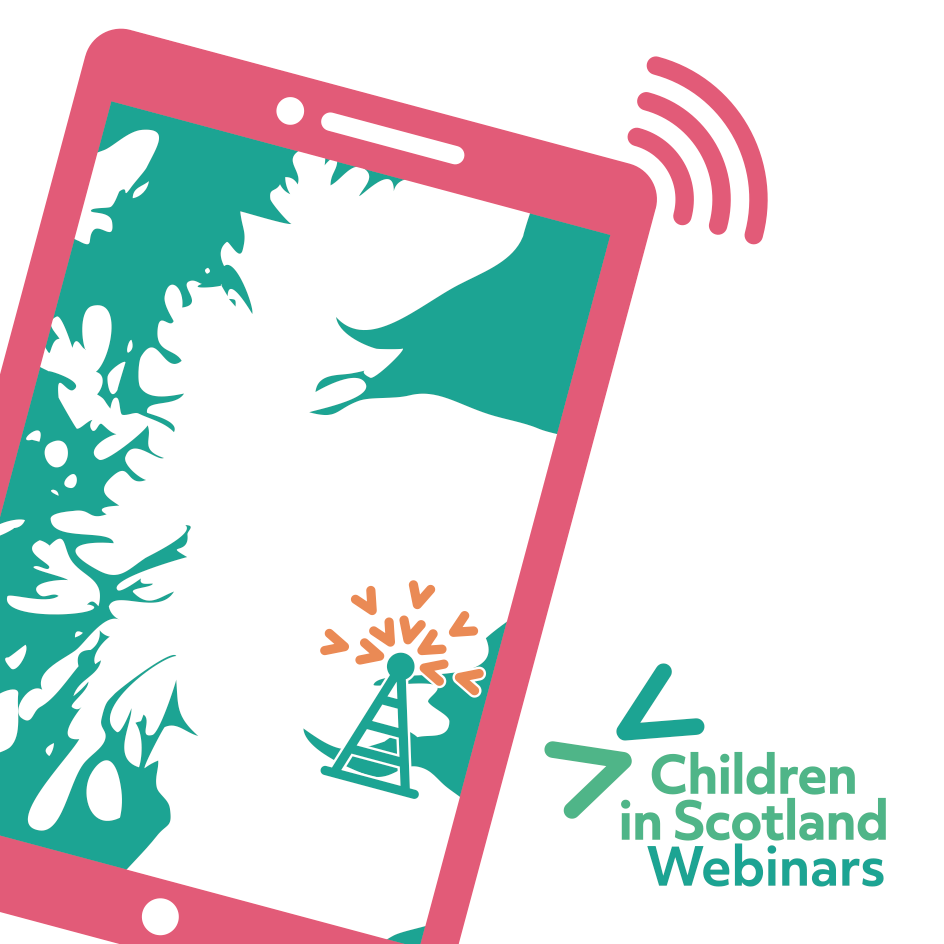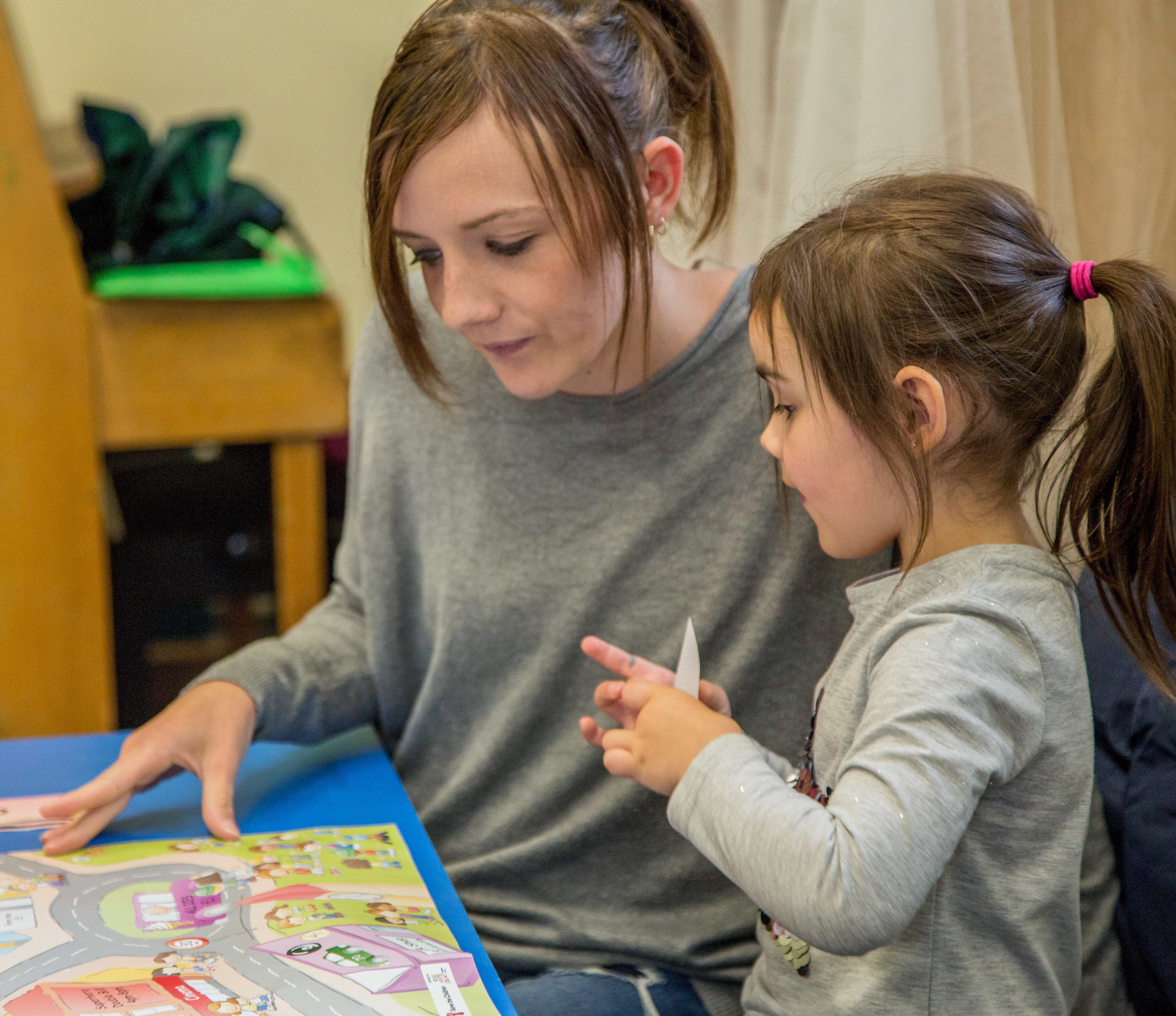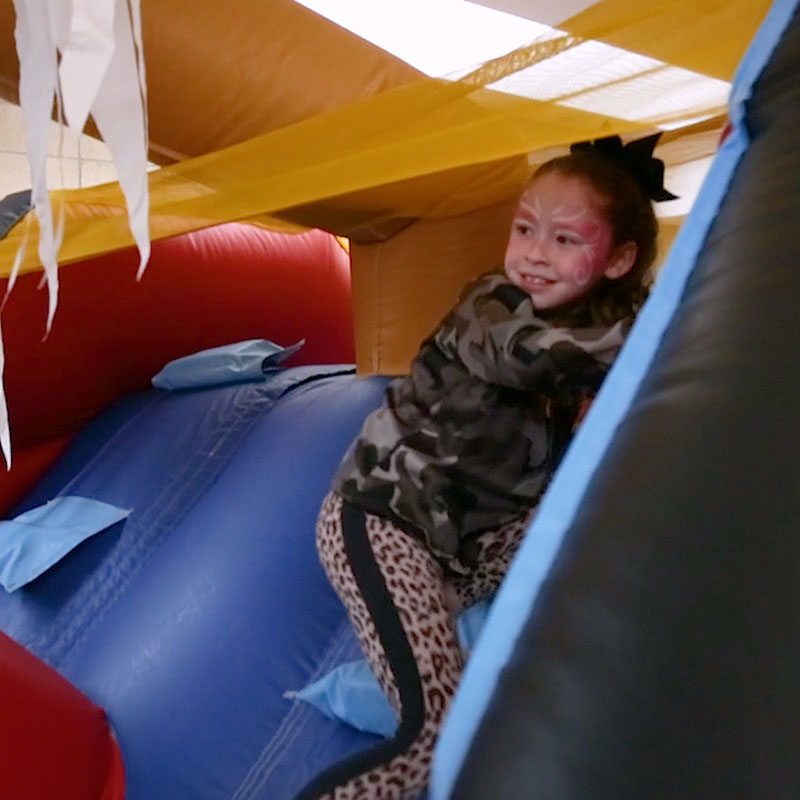11 February 2022
MEDIA RELEASE
The viability of services for children, young people and families throughout Scotland is under significant threat as a result of the pandemic, a new survey has revealed.
The research, undertaken by the Scottish Parliament’s Cross-Party Group on Children and Young People, found that 90% of organisations are facing ‘some’ or ‘significant’ barriers to delivering their services, with the future of a range of services now in jeopardy.
The pandemic’s negative effects on the mental health of children, young people and their families were also starkly highlighted, with 86% of respondents reporting negative impacts – alongside related concerns about consequences for children’s development.
Survey participants are all organisations and services that work with children, young people and families, encompassing local authority, national and third sector providers. The views of all local authorities are represented, with the exception of Shetland Islands Council.
Other key findings include:
- 74% of organisations are struggling with staff capacity to deliver services, with many saying that increased demand is a major reason for this pressure
- 35% cite digital inclusion as an issue
- 56% say they are seeing increasing levels of inequality
- 49% of organisations report longer waiting times.
Lack of access to local authority facilities, financial stresses being experienced by families, and the pandemic’s effects on staff recruitment, retention, morale and wellbeing also emerge as key concerns.
The Cross-Party Group, co-convened by MSPs Meghan Gallacher and Kaukab Stewart, with secretariat provided by YouthLink Scotland and Children in Scotland, has been discussing the pandemic’s impact on service delivery and on children, young people and families for the past 18 months.
The survey was designed to inform policy discussions around current needs and recovery in the wake of the pandemic, and get a sense of continued and systemic challenges that could undermine the delivery of services now and in the future.
The headline report will be shared with the Scottish Government, MSPs, COSLA and members of the Cross-Party Group.
Co-Convener of the CPG, Kaukab Stewart MSP, commented:
“This is a valuable survey being published in Children’s Mental Health Week as we seek to understand better how the pandemic has impacted children and young people. The national lockdowns by their very name, created circumstances which few people have ever experienced before and understandably it has taken its toll on children and young people.
“It’s time to recognise what we need to do to support good mental health for young people and children - not just for recovery from Covid but embedded in our culture in much the same way that Zoom and Teams calls are now part of everyday life.”
Co-Convener of the CPG, Meghan Gallacher MSP, said:
"Ninety per cent of organisations have raised serious concerns about the future viability of their delivery of key services for children, young people, and families. That is a huge red flag.
“The mental health of our children and young people has been severely affected throughout the pandemic. Therefore, it is absolutely crucial that we address the concerns raised in this report as a matter of urgency.
“I am calling on ministers to ensure that changes are made to strengthen the current policy landscape to protect these vital services. That will enable stakeholders to deliver services that are robust and fit for purpose.
“For the sake of the children, young people and families who so desperately rely upon these services, these vital changes cannot be delayed.”
Through the survey, organisations identified a range of changes they would like to see in relation to the development of policy and practical Covid-19 guidance, including:
- Access to provision of key support during school hours so that teaching staff and pupils benefit from experienced voluntary organisations
- An ambitious new national youth work strategy, promoted to government, formal education sector, health sector and businesses
- Grant-makers talking to frontline workers and listening directly to people in communities to better understand the reality on the ground
- Equality between private and local authority wages in nursery settings
- Greater clarity about council buildings being open for essential support of families and children.
Tim Frew, YouthLink Scotland CEO, commented:
"In this latest survey there are very clear messages from children and young people’s organisations around the continued detrimental impact the pandemic is having on crucial services that children and young people rely on.
“The findings are unfortunately not surprising, but they will, I hope, offer further vital evidence to both national and local government on the need to work with the sector on recovery and further invest in and protect organisations who have and continue to support children, young people and families through these challenging times.”
Judith Turbyne, Chief Executive of Children in Scotland, said:
“These survey results offer an insight into the hard reality faced by services on the ground in the aftermath of the pandemic – and the consequences for children, young people and families across Scotland.
“Alongside YouthLink Scotland, we urge the Scottish Government, MSPs and COSLA to pay attention to the findings and listen to the important views on policy change captured in the research.
“As we emerge from the worst of the pandemic, issues such as the role of voluntary organisations in supporting schools, access to council buildings, and wage parity in early years settings must now receive the attention they deserve.”
Click here to view and download the Pandemic Impact Survey Report 2022




